Why The Spanish Island Of Menorca Is A Must-Visit Destination
Understated yet impressive, Menorca may be the best Mediterranean island you’ve never visited.
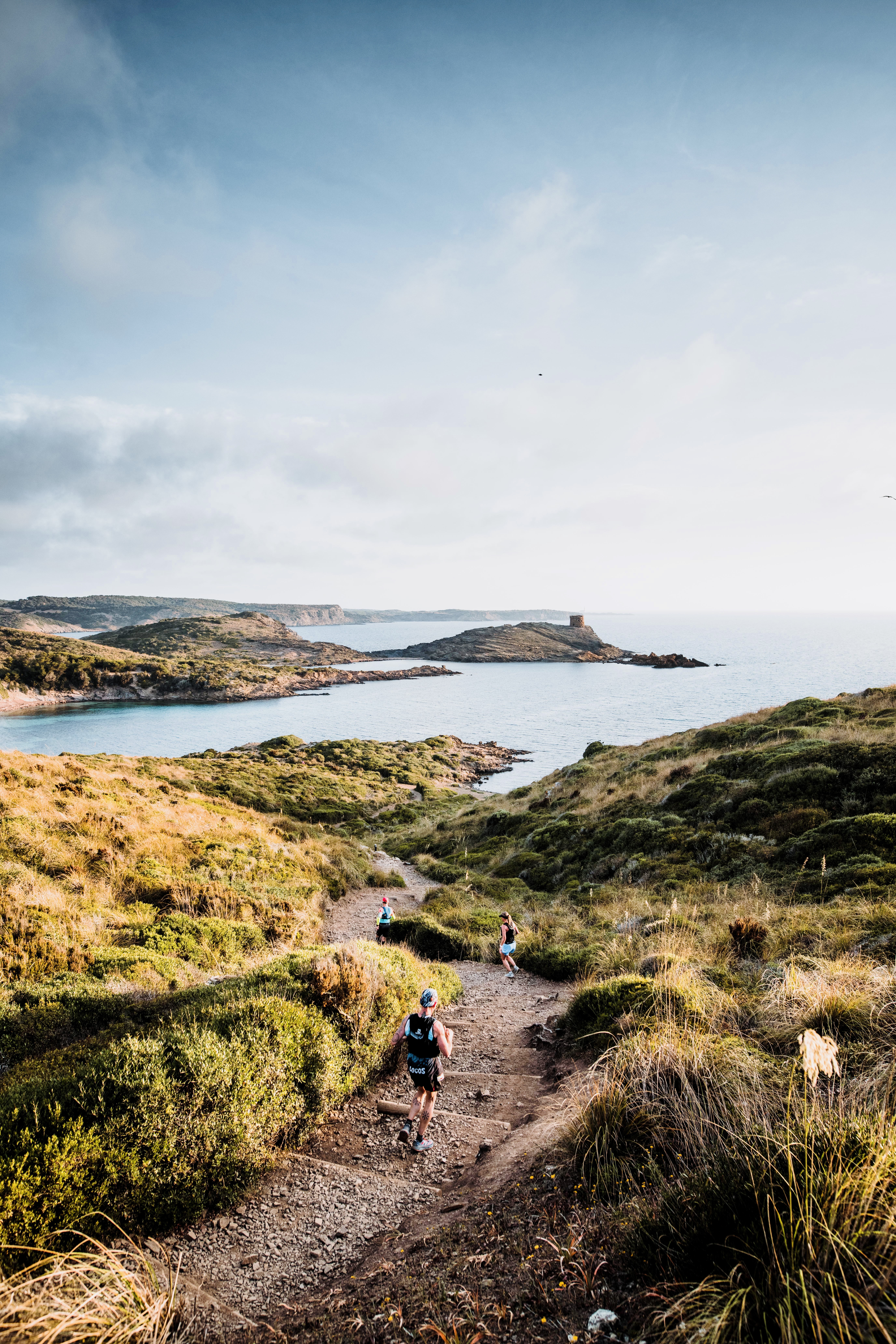
I remember once coming across an article from a prominent media outlet titled, “How to Relax on Holiday,” and they were serious! If you need help on how to have fun on vacation, don’t read any further. However, if you’re curious about one of the coolest Mediterranean islands you’ve probably never heard of, read on.
By now, most Americans are familiar with the Balearic Islands, or at least two of them: Ibiza, famous as a party island dominated by the club scene and popular with the British; and Mallorca, renowned for its quaint towns and incredible cycling roads, and popular with the Germans.
But then there is Menorca. Even though it’s the second-largest island in this Spanish chain of four (I didn’t mention tiny Formentera, mostly a weekend destination from Ibiza and popular with Italians in summer), it’s successfully laid low all these years. And therein lies its fascinating charm.
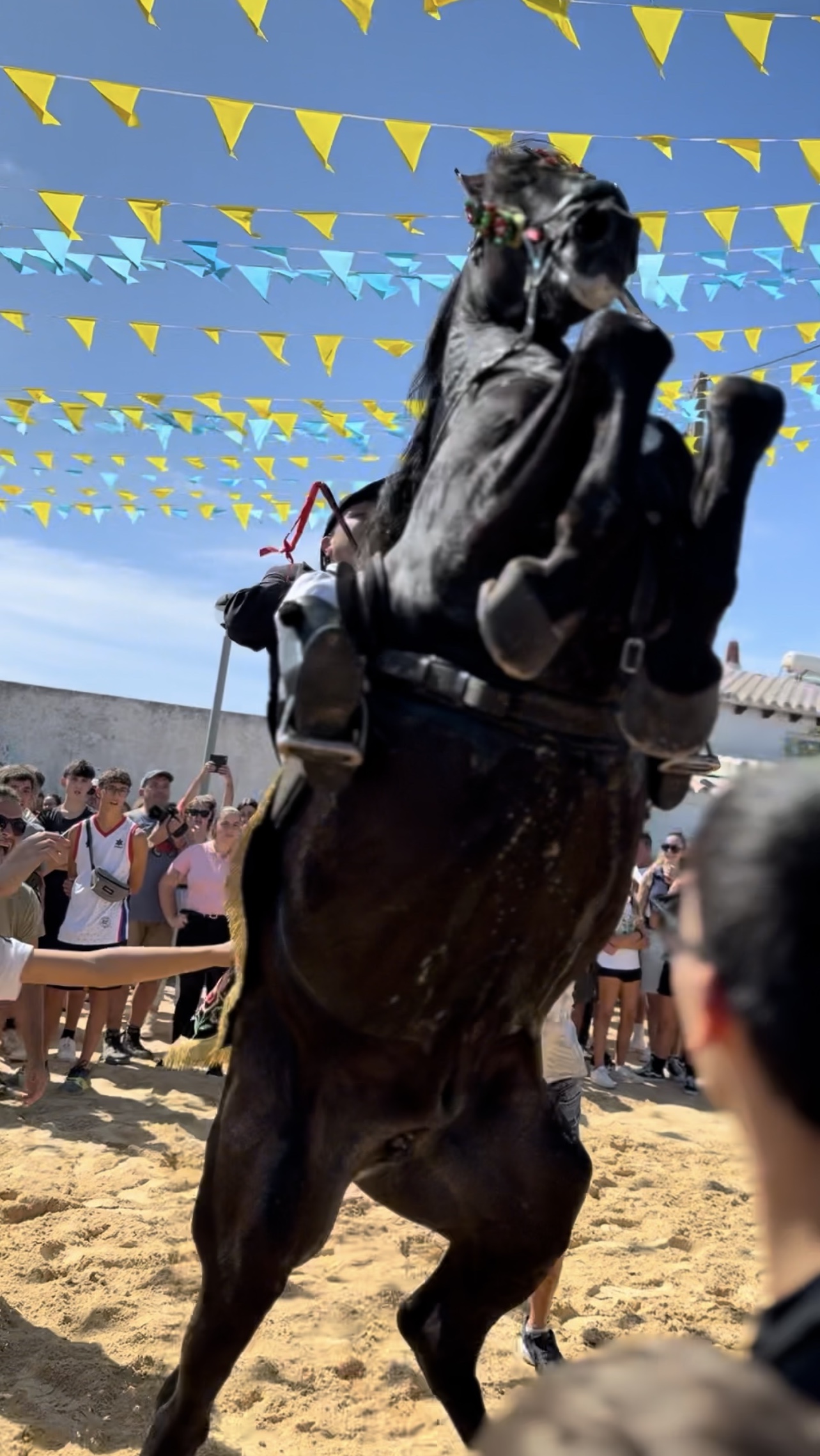
Each of Spain’s Balearic Islands is unique, with its own distinct landscape, history and character. And, as mentioned, each is popular with a particular group of people. This is what makes them all so appealing but also impossible to compare. For Menorca, let’s just say it’s the ying to Ibiza’s yang.
More than just a destination for northern Europeans craving sun and sea, Menorca is about the good life. It’s what the Italians call “la dolce vita” but with no pretense. It’s about beautiful hidden beaches, extraordinary local food, empty bucolic countryside, starlit dark skies, three-hour dinners al fresco, and a pleasant mellow vibe. A great example of the latter is what a group of locals told me at a fiesta in the plaza of their small town.
I was trying not to get trampled as horsemen made their statuesque black stallions walk on their hind legs. They were trying not to spill their cups of locally made beer and wine as the crowds in the plaza pressed around the rearing steeds. When I mentioned how pleasantly surprised I was by the relaxed atmosphere of Menorca, they told me—as if to emphasize my point—that one of the town residents is John Paul Jones. (That’s right, the bassist of Led Zeppelin.)
One night, one of the guys I was chatting to went to the local bar. There he found Jones, Pete Townshend of The Who, and Lemmy Kilmister of Motorhead enjoying drinks—all by themselves, nobody harassing them all night long. “That’s how it is here,” he said.
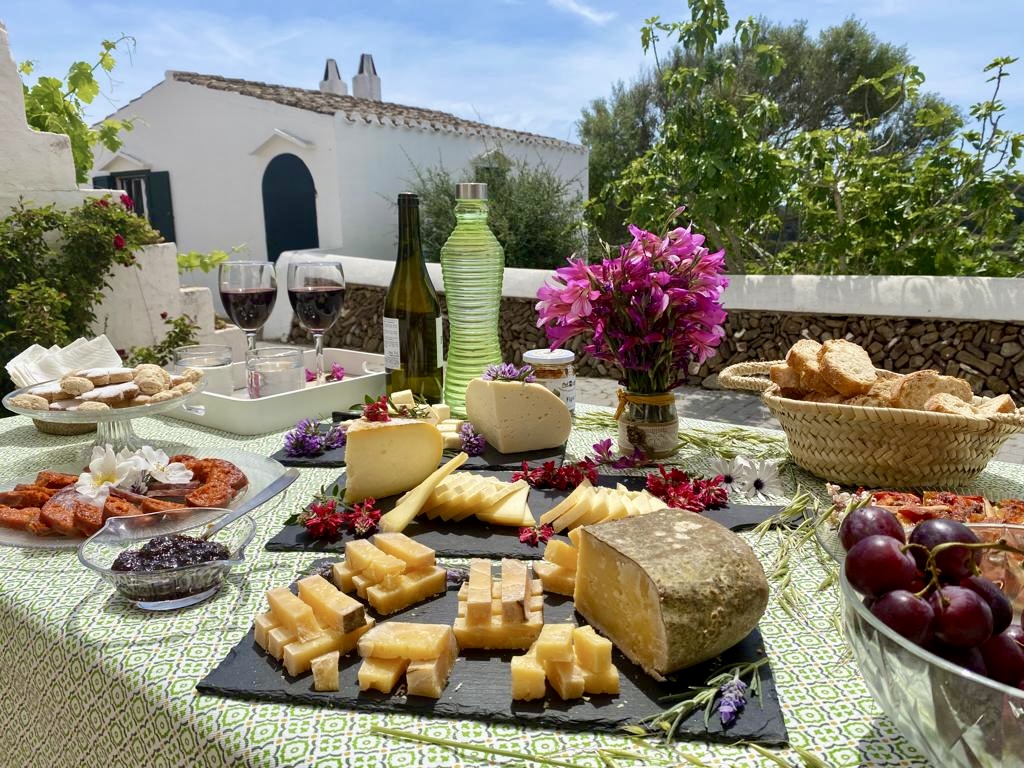
This spirit seems to have permeated everything in Menorca. There’s an understated air, the people are warm and easy, the food is slow and savory, and even the outdoors feel meditative.
The whole sparsely populated island has been designated a UNESCO biosphere reserve, which basically means Menorcans are dedicated to open space and an organic lifestyle. This extends to the coastline as well, which is something incredibly rare for a Mediterranean hotspot.
Since Menorca suffered severe pirate attacks over the centuries, most of the small towns are built inland, away from the coast and the greedy eyes of passing raiders. This means, that with the exception of formerly fortified harbor towns, most of the coastline is virgin, undeveloped and free of the holiday neighborhoods and Lego-style high-rises that blight so much of the Med.
Even better, there’s an ancient, uninterrupted path around the entire island that’s 115-miles long. Hugging the coast as it winds through forests, over hills, around cliffs, and above the beaches, this well-marked path was initially created in Medieval times to patrol for defense. It was historically called the Camí de Cavallers (Catalan for Path of Knights) but is now referred to its shortened form, the Camí de Cavalls (Path of Horses). Today it’s used for hiking, riding horses, mountain biking and an annual ultra-marathon.
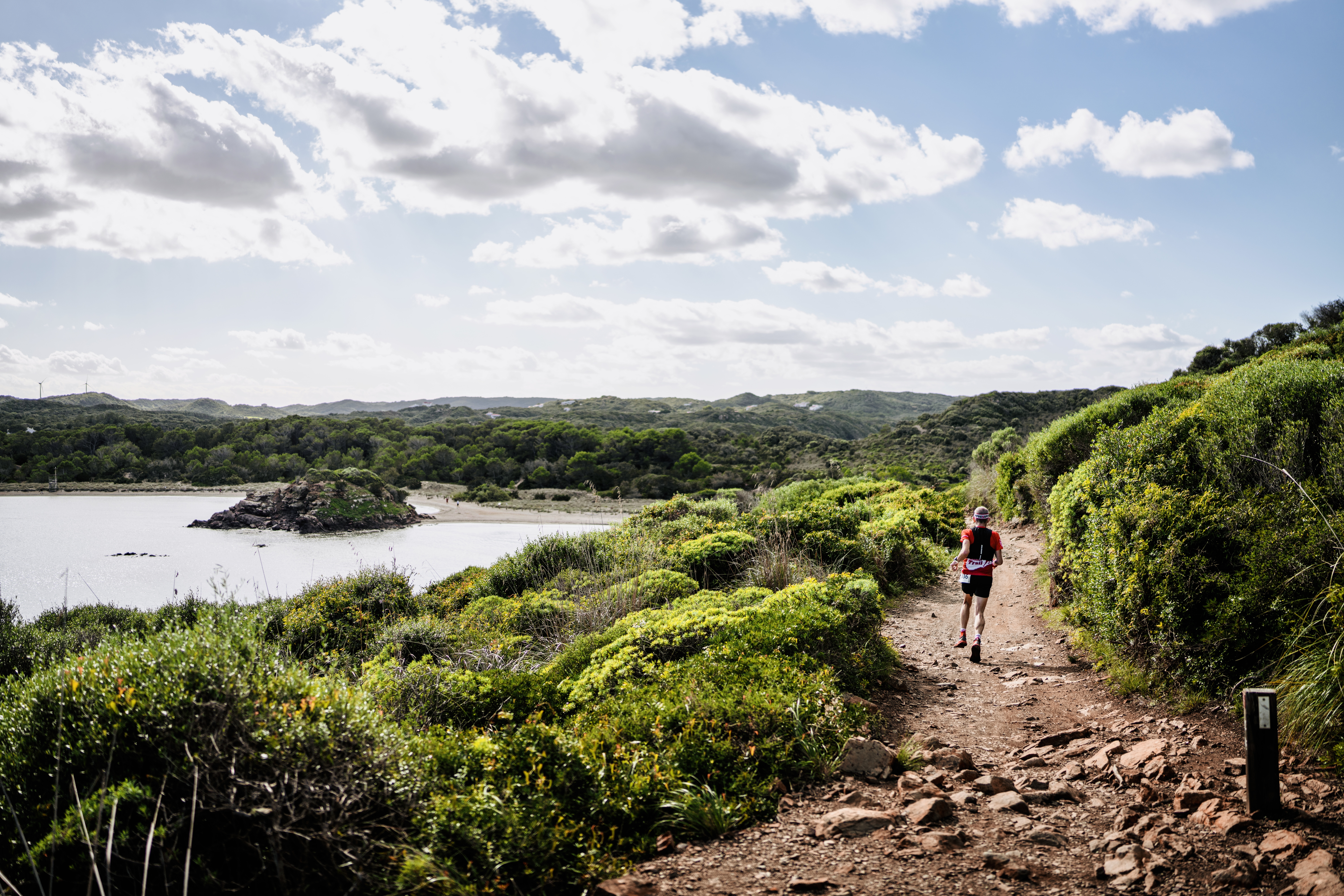
In keeping with the ethos of the island, food and drink are also critically important to Menorcan identity. First of all—and everyone will tell you when they learn it’s your first time—Menorca is where mayonnaise was invented. The word comes from Mahonesa, which is the word for a woman from Mahon, the island’s capital. As the story goes, a visiting gentleman had an affair with a married woman in Mahon who not only loved him but cooked for him. When he took her sauce back to France, he published the recipe and, out of discretion and respect, simply called it Mayonnaise—French for a woman from Mahon.
But the food in Menorca goes far beyond that globally-beloved condiment and was consistently the best, freshest, most delicious, expertly prepared cuisine I’ve had in recent memory. Surprisingly different from other Balearic Islands or even other Mediterranean countries, each meal was on-par with that of a Michelin-rated restaurant. And when I asked if they had a Michelin star, they gasped and said, “Oh no, we don’t want that! That’d mean we’d lose our freedom and have to adhere to someone else’s expectations. We want to be able to cook as we please. All the other chefs feel the same. No thank you!”
As with all the Balearic Islands, the beaches here are all practically screensavers. You know, those gorgeous rocky coves of impossibly clear blue turquoise. They call them calas, which means coves, but could easily translate to “bottomless translucent saltwater swimming pools attached to the sea with rocks for cliff jumping and sand for siesta time.”
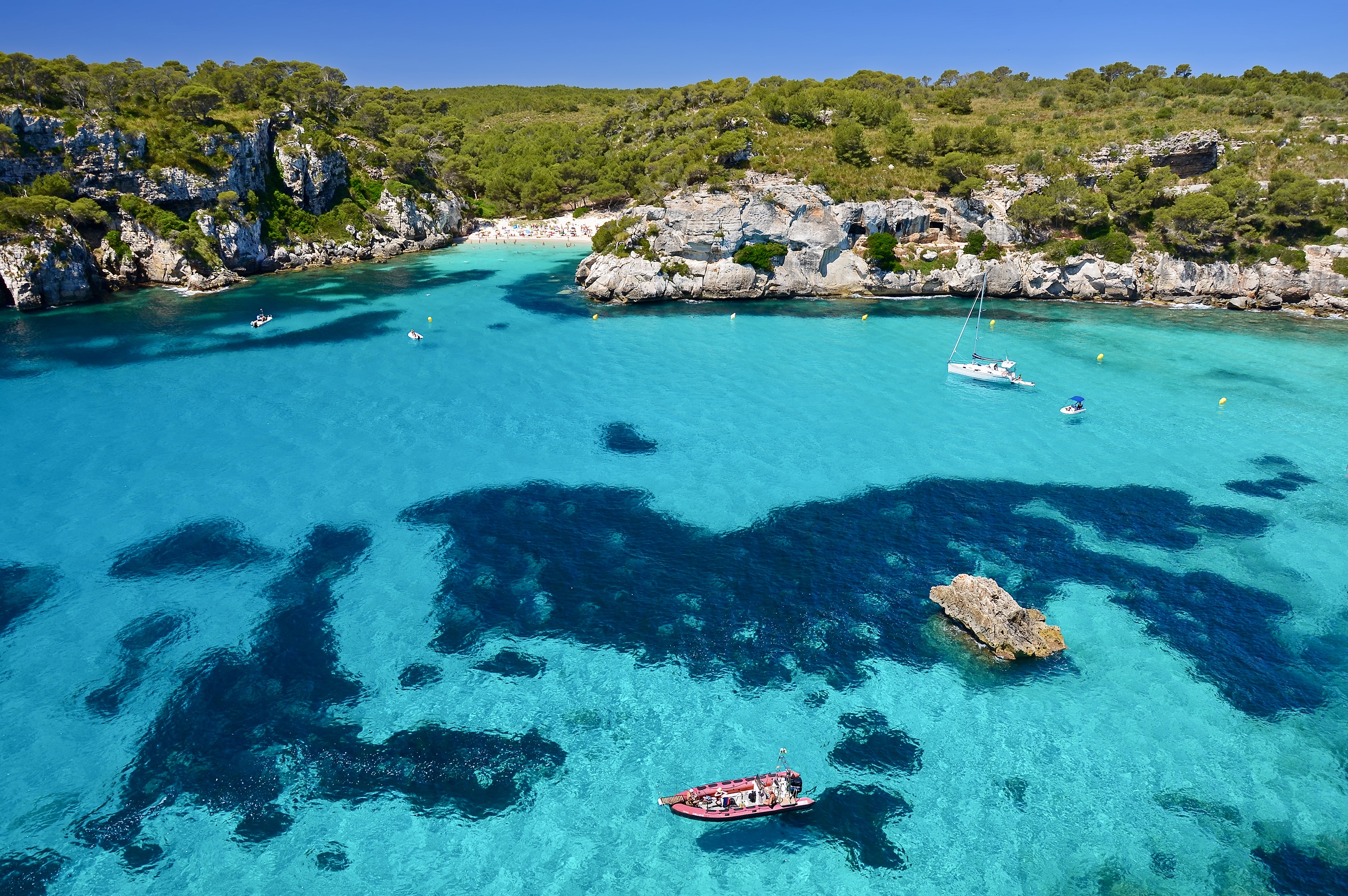
Menorcans call their island Sa Roqueta, which means in the local Catalan, “The Little Rock.” Always understated and always impressive, Menorca may be the best Mediterranean island you’ve never been to. But if you have to read an article about how to enjoy your holiday, this isn’t the place for you.
Jared Zaugg can be found at the intersection of lifestyle, motoring, travel and culture. Follow him on Instagram @jaredzaugg.
